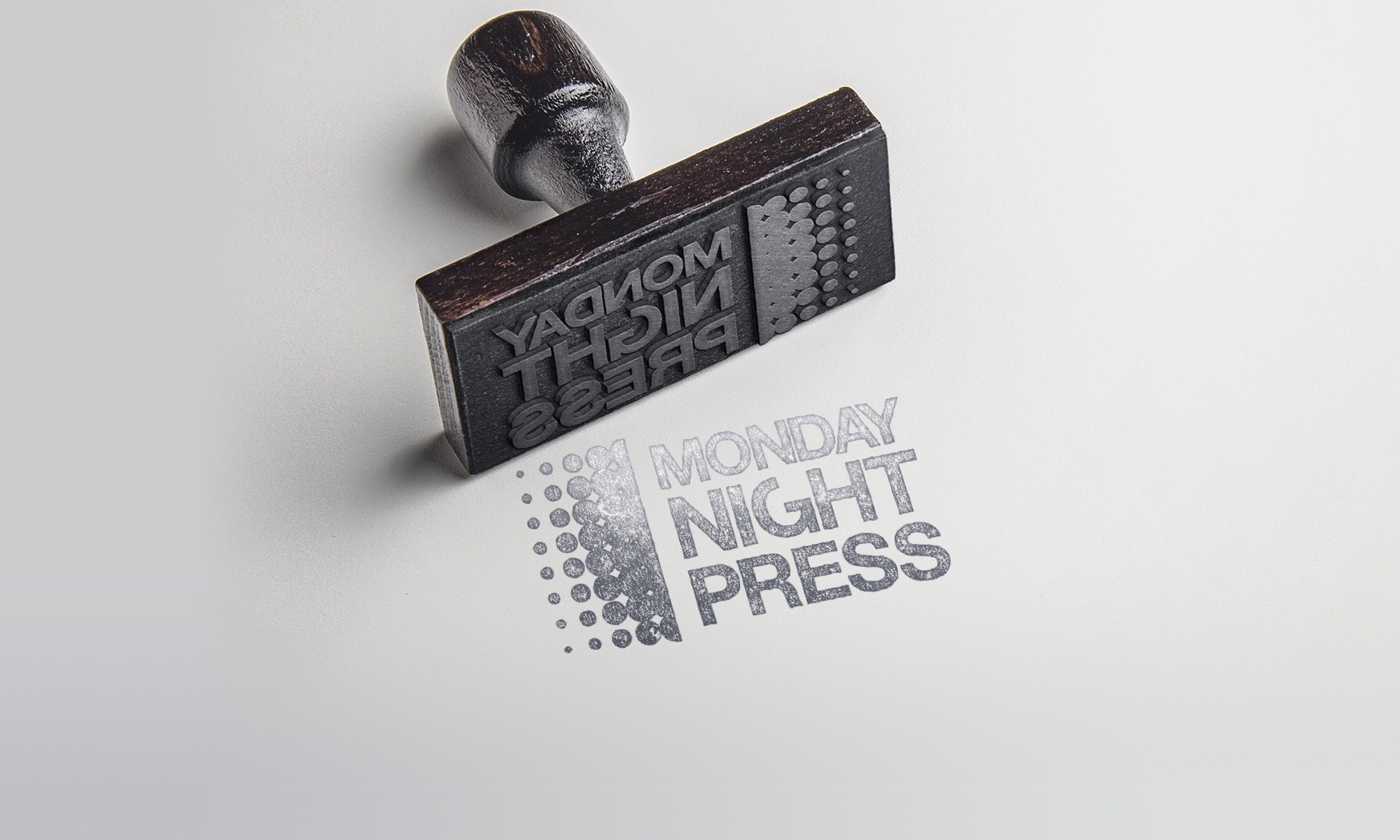chennai, india
There are two birds on a ledge. One is white – the creamy porcelain of a widow’s sari – and the other is black – the color of ash that blows in swirls after a body has just been burned at sea. Their beaks are long like the orange pencils my father always tucked behind his ear to use as punishment, and their feet tender, but worn in the way an ear lobe appears after years of earring misuse. The white bird tries to kiss the black one, but he doesn’t want to be touched. The black one trembles from the other’s advances, his wings flaky and powdery, the consistency of coconut burfi, while the white one glances side to side, the furtive look of a corrupt, khaki-shirted cop. The white one forces himself onto the black one, pushing his apparatus into the soft parts of the other until the black bird squawks like a child with a severe diaper rash; eventually he succumbs and retreats inward while the white one finishes, his beak glistening with drops of mist drawing in from the Indian Ocean, the black bird closing his eyes, letting the salt air glide over his throat like a gentle lover, tickling him until he begins to coo again.
Along the trellis of the girls-only boarding school, the gardener has planted orange hyssop. It is summer, and the flowers have erupted like sores everywhere, slender, flute-shaped buds of volcanic tone. Lava bells, my sister used to call them as a child. They are hot and will burn your hands if you touch them, she warned, a precocious child trying to fill the absence of a sick mother.
When I handle one, it is cool and fragrant, my thumb releasing tiny puffs of thistle scent. I put my nose to the bulb, but its small flaps prevent penetration. Out of the corner of my eye I see a hummingbird, his mouth curved like the nails on a prostitute’s hands, his body a wash of brick and coal. He hovers over one orange hyssop, and whether the wind or not, the flower bends backward, away from the intruder. The hummingbird blinks just one eye and then advances, disturbed, forcing his hungry mouth into the bent-over flower. He drinks for a while and then moves away, temporarily satiated until the next time. The hyssop is now wilted, the petals turning toward the stamen, the pistils broken and crushed.
At the city’s slum edge where the children play with pig feces and balls made of discarded rubber bands and melting glue, there is a spider. He is dark brown, deep like the women who work in the rice fields harvesting crops they will not eat. Though resting, he is alert, his legs bent just slightly, the hairs along the edges quivering from the ocher lifeblood that radiates through his small, furry body. A moth with translucent wings and ink-stained coloring lands on the silky precipice, one antenna feeling the sticky, resplendent web. The vibrations rouse the spider who begins a steady march toward the moth. The moth is stuck and tries desperately to escape. He thrusts against the web so fiercely that he begins to spin like a carnival ride, his body rotating around and around until the fibers create a cocoon. The shaking has left a glittery residue that highlights the web’s beauty as the sun passes through it, the spider stopping for one second before reaching the moth, lifting himself onto his hind legs, his forelegs in the air as if paying homage to the sun before devouring his meal.
annam manthiram is the author of After the Tsunami (forthcoming, Stephen F. Austin State University Press 2011) and a short story collection (Dysfunction), which was a Finalist in the 2010 Elixir Press and Leapfrog Press’ 2010 fiction contests. Annam’s fiction has also been nominated for the PEN/O’Henry Prize and inclusion in Best American Short Stories. You can visit her online at AnnamManthiram.com.
